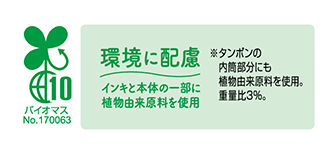SOFY Soft Tampon
Q&A About TSS
Click on the question you are interested in.
- Q What is Toxic Shock Syndrome (TSS)?
-
A TSS is an acute disease caused by a toxin produced by Staphylococcus aureus. Early symptoms of TSS include a sudden onset of high fever, rash/redness, fatigue, vomiting, diarrhea, and mucous membrane hyperemia. If these symptoms occur, if you do not seek treatment immediately at a medical institution, it may lead to shock symptoms such as a drop in blood pressure.
- Q Does Staphylococcus aureus always lead to TSS?
-
A Staphylococcus aureus often does not cause any health problems. Staphylococcus aureus is a type of bacteria that is often found in our nasal passages, skin, hair, armpits, pubic hair, and vagina. TSS is caused only by toxin-producing Staphylococcus aureus. Therefore, it is extremely rare to develop the disease, but in rare cases it can cause serious symptoms that can lead to death.
- Q Does TSS apply only to tampon users?
-
A TSS can affect anyone, including men, women, and children. For example, it can also be caused by cuts or burns.
- Q How can using tampons cause TSS?
-
A It is said that if you do not keep your hands clean when using the product, if you use it for a long time, or if you forget to take it out, Staphylococcus aureus will multiply and become more likely to produce toxins. By using the product according to the instructions attached to the product, the possibility of developing TSS can be reduced.
- Q Why do I have to stop using tampons until 8 weeks postpartum and during my first period after giving birth?
-
A Up to 8 weeks after childbirth, during the first period after childbirth, it is thought that the immune function in the vagina is weakened, so it is more likely to develop TSS than usual
- Q What should I do if I develop symptoms that I think are TSS?
-
A Please consult a specialist such as an obstetrician and gynecologist immediately. In rare cases, it may cause serious symptoms. Remove the tampon and visit your doctor with the instructions included with the product. It is important to detect symptoms early and receive appropriate treatment.





























